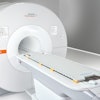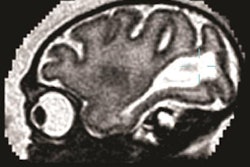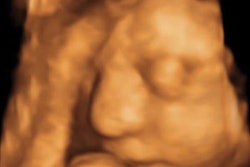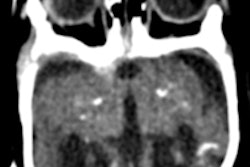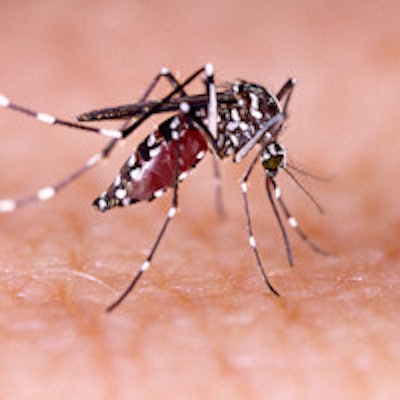
The notorious Zika virus has an appearance on MRI scans that can be associated with meningoencephalitis, according to a research letter by a French group that was published March 9 in the New England Journal of Medicine.
The group describes the case of an 81-year-old man who was admitted to the intensive care unit 10 days after returning from a four-week cruise through New Caledonia, Vanuatu, the Solomon Islands, and New Zealand, during which he was reported to be in perfect health. The man had a fever of 102.4° F (39.1° C) and was comatose; other symptoms included hemiplegia of the left side and paresis of the right upper limb.
An MRI scan of the brain suggested meningoencephalitis, with "asymmetric white-matter hyperintensities on fluid-attenuated inversion recovery (FLAIR) imaging, multiple punctuated hyperintensities on diffusion-weighted sequences that were evocative of ischemic foci, and a slight hyperintensity of the right Rolandic fissure that was evocative of meningitis." CT also showed an irregular narrowing of the right callosomarginal artery.
Further tests suggested meningitis, but tests of the patient's blood and cerebrospinal fluid were not revealing. Ultimately, the Zika virus was grown in a culture from the patient's cerebrospinal fluid on a cell line.
The patient's condition continued to improve during his hospitalization, and he was discharged from the intensive care unit on day 17. His cognitive function was fully recovered by day 38.
The authors cautioned clinicians that the presentation of the Zika virus may be associated with meningoencephalitis.

